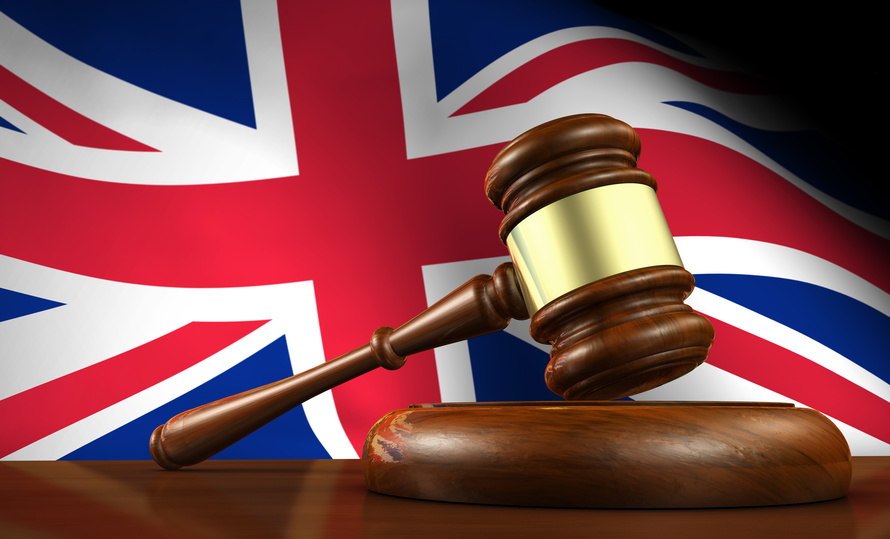
A man who filmed a woman naked and unconscious in a London hotel room was on Friday fined 2,000 pounds ($2,640) and ordered to attend rehabilitation sessions, but avoided prison, after a five-year legal battle by his victim.
Emily Hunt woke up next to a man she did not recognise in a hotel room in May 2015 fearing she had been drugged but was told by prosecutors that there was no realistic prospect of convicting him of any form of assault on the evidence.
After realising a year later that Christopher Killick, 40, had filmed her as she slept, Hunt embarked on a public campaign for justice, and a landmark court ruling on voyeurism this year led to his arrest.
Killick pleaded guilty last month, and on Friday, Stratford Magistrates’ Court in London sentenced him to a 30-month community order and ordered him to pay a fine of 2,000 pounds and compensation of 5,000 pounds.
“The facts of this case are shocking,” district judge Louisa Cieciora said when sentencing Killick.
“You prioritised your own desires without any real thought of how this might affect the victim. You saw an opportunity for personal sexual gratification and took it.”
The judge said she would have sentenced Killick to prison had he not “pleaded guilty at the earliest opportunity” and acknowledged the “devastating effect” of the crime on Hunt, who suffered from post-traumatic stress disorder as a result.
In a statement, Hunt said she was pleased with the sentence and the “powerful” comments made by the judge.
“The recognition that this was a serious sexual offence and the acknowledgement of the devastating impact this has had on my life is the most important thing to me,” she said through her lawyer.
Although voyeurism is a crime under the 2003 Sexual Offences Act, until this year the Crown Prosecution Service (CPS) had said filming someone naked in a private room was not an offence if they had consented to being looked at naked.
But after a court of appeal in January clarified non-consensual intimate filming as illegal, prosecutors reviewed the case and arrested Killick in May.
Hunt, who attempted suicide in March 2016, said it was “appalling” it had taken five years for Killick to be convicted. She has previously criticised the CPS directly.
“We recognise the delays in bringing this case to court have had a lasting impact on the victim,” a CPS spokeswoman said in emailed comments to the Thomson Reuters Foundation in August after Killick pleaded guilty.
“This is a complex area of law, which was clarified for the first time in the Court of Appeal this year. In light of that significant ruling, the CPS reviewed all the evidence in this case and authorised a charge of voyeurism.”
“This is a very significant moment,” said Kate Ellis, Hunt’s lawyer at the Centre for Women’s Justice. “We hope this will enable other victims to come forward.”

